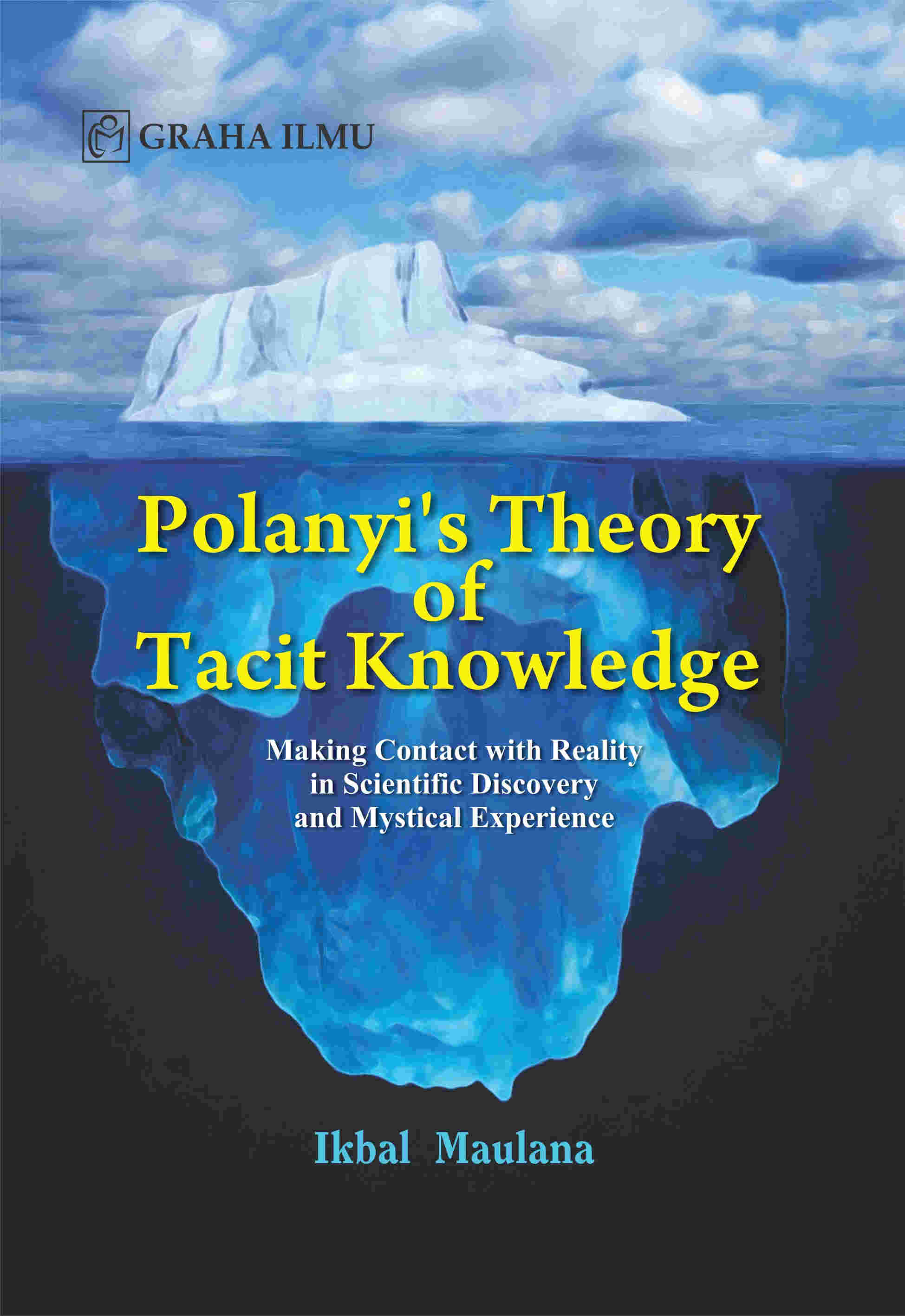 Tunggu Sebentar...
Tunggu Sebentar...

Polanyi
"Michael Polanyi is not one of the philosophical giants. He is not even widely accepted by philosophers of science or epistemologists, but his recent influence has gone beyond the field of philosophy, and is most apparent in the new discipline of knowledge management. It can even be claimed that this discipline is built upon the foundation of Polanyi's theory of knowledge. Polanyi's thesis that ""our knowledge is either tacit or rooted in tacit knowledge"" has been the core around which knowledge management is being developed and practiced.
To his followers, Polanyi has made a breakthrough in the theory of knowledge. He challenges the mainstream view of Western philosophy which recognizes only explicit knowledge and considers tacit knowledge irrelevant to philosophical discourse. What makes positivists even more oppose Polanyi is that Polanyi regards tacit knowing as our way of making contact with reality. His view that reality can be tacitly known beyond what can be observed is accused of trying to revive metaphysics to which positivists strongly oppose.
While positivists consider a theory as “merely convenient summary of experience,” therefore, it cannot be expected to tell us beyond the phenomena from which it is abstracted. Polanyi argues that theory may have prophetic power that it can tell us beyond the experiences from which it is summarized. If the theory is the result of successful contact with reality, it will manifest in a range of future discoveries confirming more profound idea behind it.
Besides discussing the justification of the theory of tacit knowledge, this book will also explore the application of Polanyi's theory of knowledge to explain mystical experience, because the theory is sufficiently general to include any types of knowing. And also it gives us opportunity to compare it with Islamic epistemology, which has recognized the species of inarticulate knowledge for nearly a millennium. Polanyi's theory of tacit knowledge will be viewed from the perspective of Mehdi Ha'iri Yazdi's theory of knowledge by presence. By comparing two different traditions we hope we can better understand each of them.
"
| Jumlah Halaman | XIV+144 |
| Penulis | Ikbal Maulana, M.Sc. |
| ISBN | 978-602-262-251-2 |
| Tahun Terbit | 2014 |
| Penerbit | Graha Ilmu |
| Stok Buku | 0 / |
